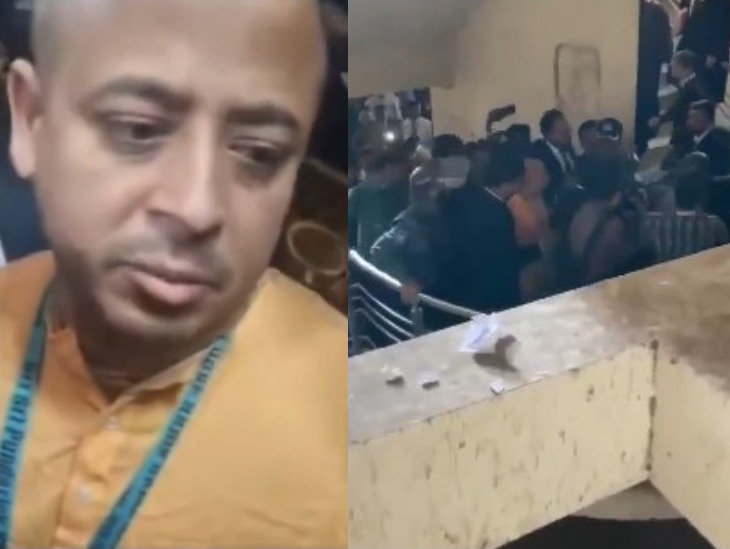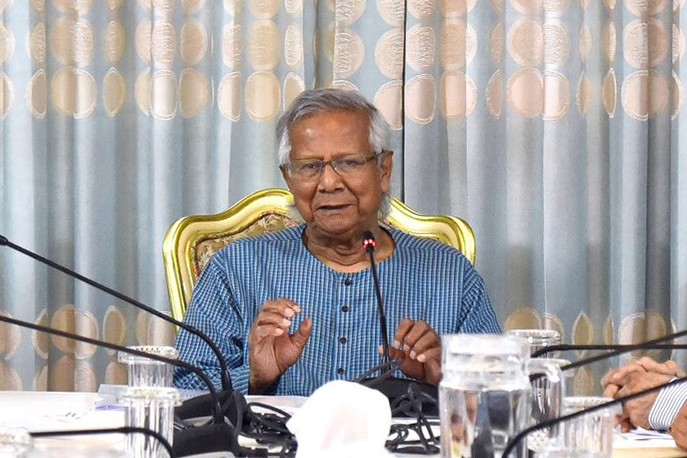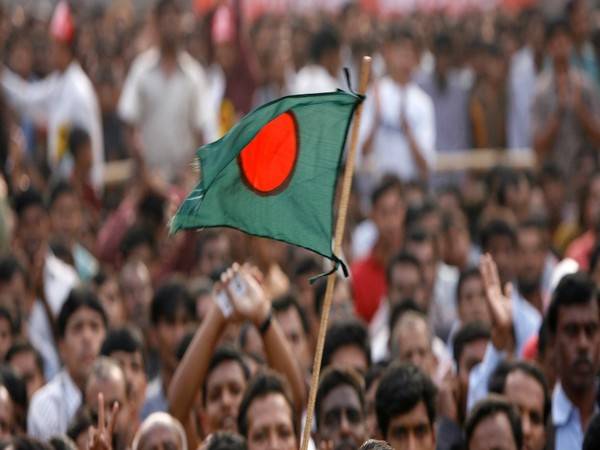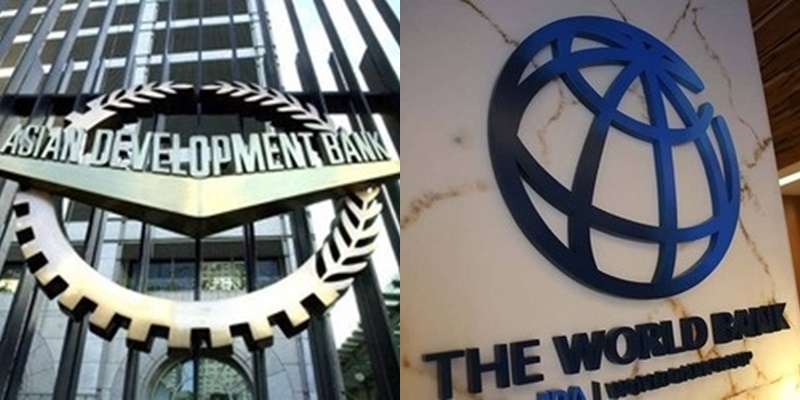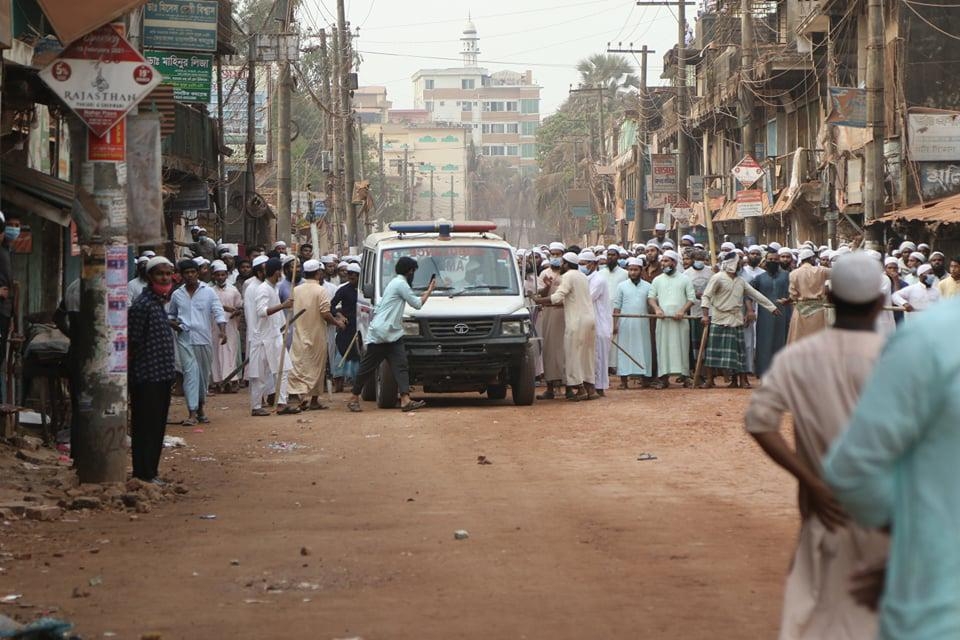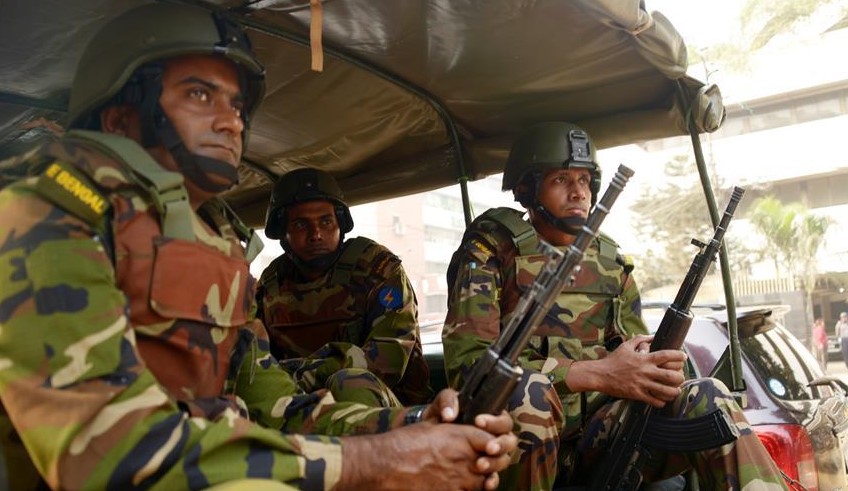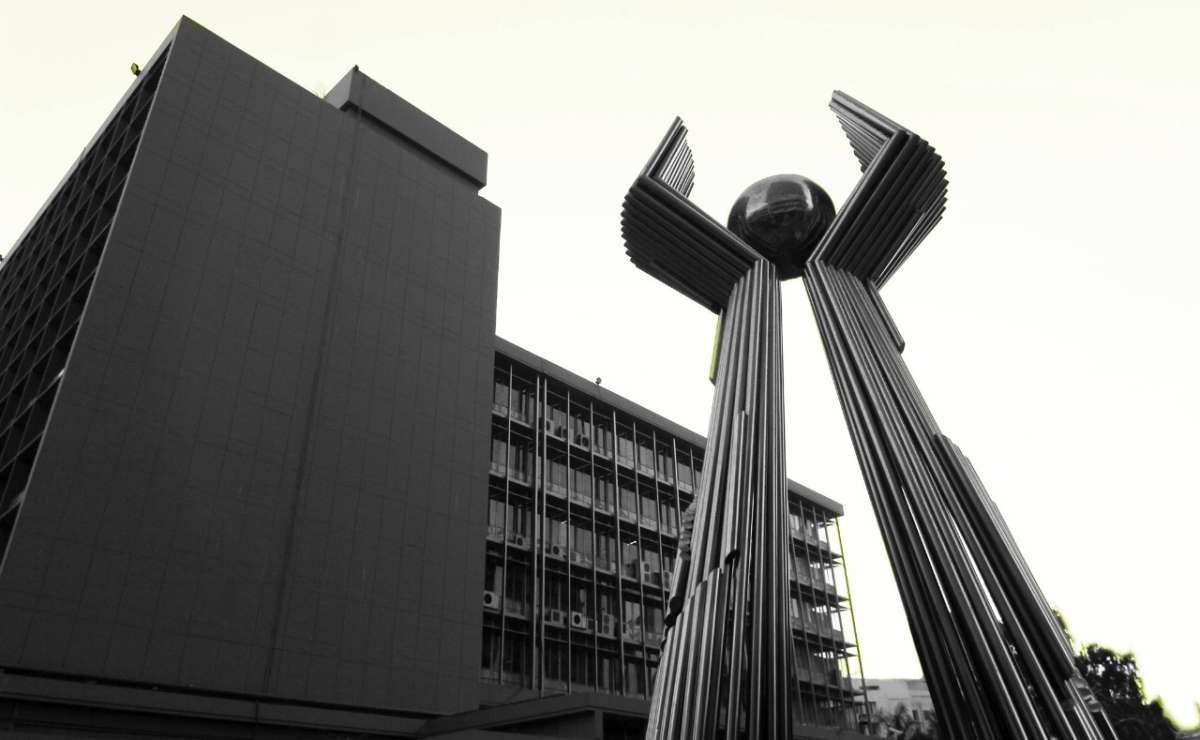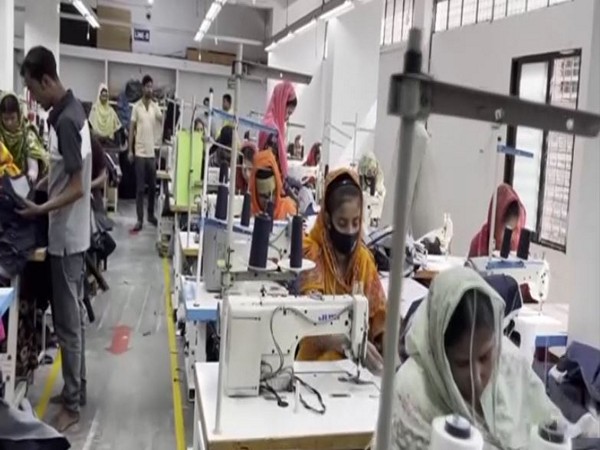Condemning the shocking developments, the Ministry of External Affairs (MEA) said on Tuesday that it has noted with “deep concern” the arrest and denial of bail to Das…reports Asian Lite News
India on Tuesday expressed its “deep concern” over the arrest and subsequent denial of bail to Chinmoy Krishna Das Brahmachari, spokesperson of the Bangladesh Sanatan Jagaran Mancha and head of Pundarik Dham in Chittagong.
After being taken into custody by the Detective Branch (DB) of Dhaka Metropolitan Police at Hazrat Shahjalal International Airport around 4:30 pm Monday, Das was produced before Judge Kazi Shariful Islam of Chittagong’s 6th Metropolitan Magistrate around 10:30 am local time on Tuesday.
The judge, after rejecting his bail plea, sent the Hindu priest – associated with International Society for Krishna Consciousness (ISKCON) – to jail.
Condemning the shocking developments, the Ministry of External Affairs (MEA) said on Tuesday that it has noted with “deep concern” the arrest and denial of bail to Das, who is also the spokesperson of the Bangladesh Sammilit Sanatan Jagaran Jote.
Highlighting the broader context of continuing violence against minorities in Bangladesh, especially Hindus, the MEA added, “This incident follows multiple attacks on Hindus and other minorities by extremist elements in Bangladesh. Documented cases of arson, looting of minority homes and businesses, theft, vandalism, and desecration of deities and temples are deeply troubling.
“It is unfortunate that while the perpetrators of these incidents remain at large, charges should be pressed against a religious leader presenting legitimate demands through peaceful gatherings. We also note with concern the attacks on minorities protesting peacefully against the arrest of Shri Das,” the ministry stated.
India also urged the Bangladeshi authorities to ensure the safety and security of Hindus and all minorities, including their right to peaceful assembly and expression.
Several protests broke out in various parts of Bangladesh, including Chittagong, as the news about Das’s arrest spread on social media late Monday evening.
In Chittagong, hundreds of Hindus took to the streets and rallied at the Cheragi intersection.
Several videos that later went viral on social media showed Bangladeshi policemen charging at the protestors who were chanting slogans and demanding immediate release of Das.
It is believed that dozens of Hindu protestors were injured during the protest rally.
The International Society for Krishna Consciousness (ISKCON) also urged the Indian government to take immediate steps, seeking the release of prominent Hindu leader.
“We have come across disturbing reports that Sri Chinmoy Krishna Das, one of the prominent leaders of ISKCON Bangladesh, has been detained by the Dhaka police. It is outrageous to make baseless allegations that ISKCON has anything to do with terrorism anywhere in the world. ISKCON, Inc. urges the Government of India to take immediate steps, speak to the government of Bangladesh, and convey that we are a peace-loving Bhakti movement,” ISKCON said in a statement late Monday night.
“We want the Government of Bangladesh to release Chinmoy Krishna Das immediately. Our prayers to Lord Krishna for the protection of these devotees,” the statement added.
International Society for Krishna Consciousness, known as ISKCON, is a Gaudiya Vaishnava Hindu religious organisation with followers across countries and cultures.
The latest incident has once again raised serious concerns about the safety of Hindus in Bangladesh, which form the largest minority community.
Incidents of vandalism, looting, arson, land grabbing, and threats to leave the country have been repeatedly inflicted on Hindus after the interim government under the leadership of Chief Advisor Muhammad Yunus was sworn in on August 8.
The Bangladesh Hindu-Buddhist-Christian Oikya Parishad had earlier sent an ‘open letter’ to Yunus, expressing “profound sorrow and concern” over a particular group’s “unprecedented violence” against the minorities.
Even though Yunus and his religious affairs advisor A.F.M. Khalid Hossain assured that the current establishment believes in communal harmony, the communal violence, which began immediately after former PM Sheikh Hasina left Dhaka, continues to cause widespread fear, anxiety, and uncertainty among the minorities in Bangladesh, especially Hindus.
ALSO READ: Interim govt of Bangladesh to review Adani Group’s energy project
ALSO READ: Bangladesh’s new poll body sworn-in after Hasina’s ouster
